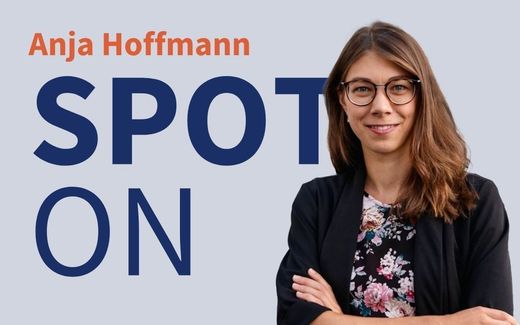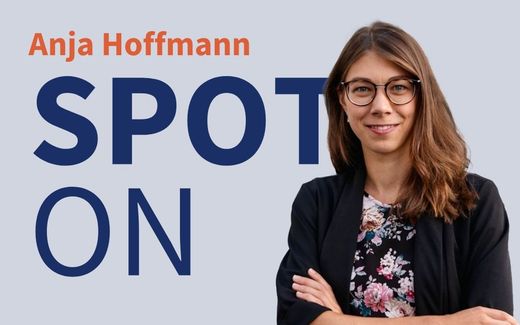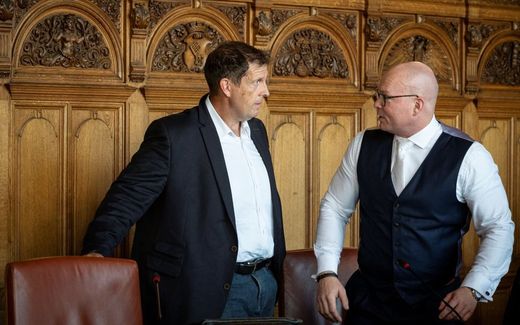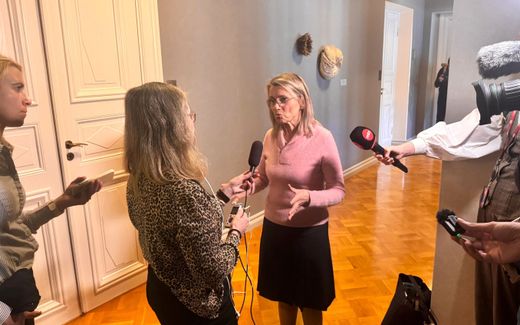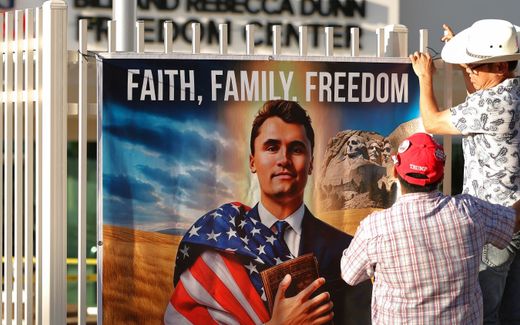Make an end to “religious illiteracy”, says OIDAC in new discrimination report
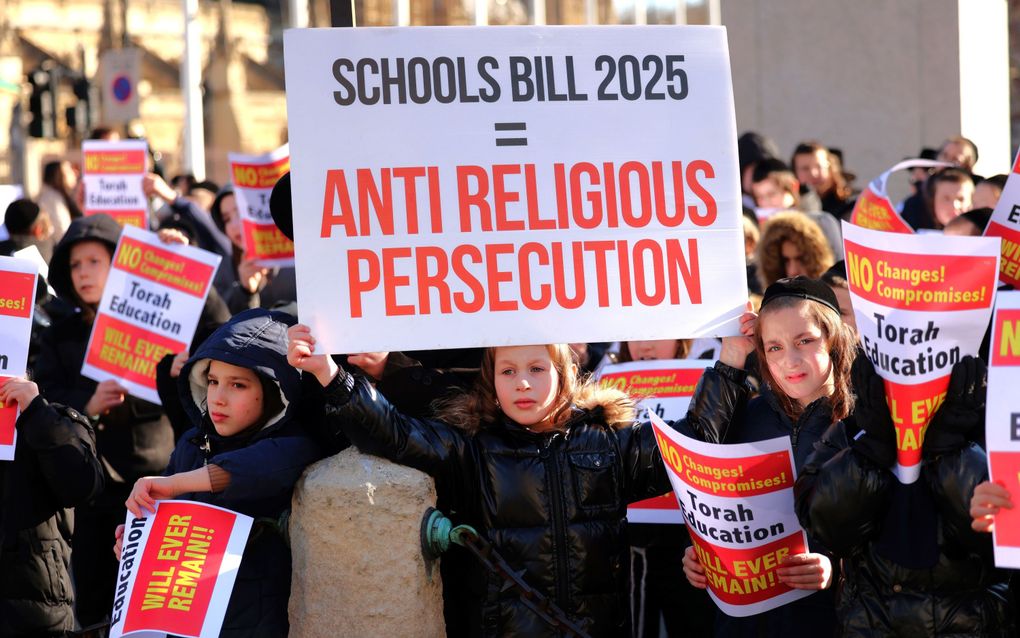
Protest against limitations to the religious education freedom in the UK. Photo EPA, Andy Rain
European Union
Governments should encourage religious literacy among civil servants and the media. This can prevent Christians from facing negative stereotypes and stigma.
Stay up to date with Christian news in Europe? Sign up for CNE's newsletter.
This is one of the recommendations from the OIDAC Europe Annual Report 2025. OIDAC stands for Observatory on Intolerance and Discrimination against Christians in Europe. The report will be presented on Tuesday in the European Parliament in Brussels.
According to OIDAC, there is a significant lack of understanding among both the government and the media. This can lead to incorrect decisions, for example, prioritising a secular solution over a religious one. There is also a lot of negative framing and sometimes open mockery of religion in the media.
Another recommendation in the report is therefore to promote dialogue and mutual understanding between philosophical groups.
Arson
The report contains a summary of the 2,211 hate crimes against Christians. In 274 cases, these were direct personal attacks. In 2024, a 76-year-old Catholic monk was even murdered in Spain. Spain is also among the top four countries in Europe, alongside France, Germany, and the United Kingdom.
Many hate crimes involve vandalism against Christian symbols and church buildings. The number of arson attacks on churches has increased.
In France, many incidents had an Islamist background. For example, a planned ISIS terrorist attack on Notre Dame was narrowly prevented. However, 50 graves in the south of France were desecrated and a nearby church was sprayed with slogans such as ‘Submit to Islam’.
Germany had the highest number of arson attacks in 2024, with 33. The German Bishops’ Conference therefore sounded the alarm that vandalism against the Catholic Church was “escalating” out of control.
In Spain, an evangelical father lost the right to raise his son with biblical values because the mother did not want this. According to OIDAC, this is a case of “privileging a secular moral framework over a religious one.”
Abortion
The report pays a lot of attention to measures that European countries are trying to take around abortion clinics. Western European countries, in particular, have established buffer zones where you are not allowed to hand out leaflets with messages about abortion to women on their way to an abortion clinic.
In the United Kingdom, people have even been punished for praying silently in the vicinity of a clinic. In Scotland, there is still debate about whether it is permissible to pray even in private homes in the area of an abortion clinic. OIDAC considers all of this to be an unreasonable restriction of freedom of religion and expression.
In many other countries, too, there is a lot of movement concerning restrictions around abortion clinics. OIDAC finds this worrying because it calls into question the freedom of expression.
In many countries, the right to conscientious objection also plays a role, particularly in relation to abortion. Although this right is clearly defined in most countries, many Christians struggle to invoke it effectively.
OCSE guide
OIDAC commends the guide published by the OSCE (Organisation for Security and Cooperation in Europe) in July 2025, entitled “Understanding Anti-Christian Hate Crimes and Addressing the Security Needs of Christian Communities”. It contains practical points that governments, religious leaders and the media can use to recognise discrimination. It is a ‘milestone’, says OIDAC, because it is the first time that an international organisation has discussed anti-Christian hate crimes in Europe in detail.
According to the guide, these crimes are “downplayed, under-reported or politically overlooked”. But the OSCE warns that these crimes “do not take place in a vacuum”.
Media
Media narratives can be very pervasive. The OIDAC report cites numerous examples of repeated negative framing of the Christian faith. These mainly involve inaccurate stereotypes. Other examples include framing missionary activities as suspicious. In Spain, the public broadcaster RTVE was even forced to apologise for describing the growth of Evangelical churches as “worrying” and even “dangerous”.
Equally worrying is the suppression of local Ukrainian churches in Russian-occupied territory. According to OIDAC, this is part of a “targeted campaign against independent religious life”. This is reflected, for example, in the requirement for re-registration and even closure. At least several hundred churches have already had to close or have even been destroyed. Sixty-seven clergymen have also been murdered.
On the other hand, OIDAC is also sounding the alarm about the restrictions that may be imposed on the Ukrainian Orthodox Church (UOC). Even though UN rapporteurs have also said that this church severed its ties with Russia in 2022 and that there is ‘ongoing persecution’ of this church, the law was nevertheless passed to brand the UOC as a threat to national security. According to OIDAC, this is a case of “lack of ecclesiological expertise”.
Confession
OIDAC finds it worrying that the Polish parliament received a widely signed petition to protect minor children from the “traumatic event” of confession. According to the petition, this would confront children with good and evil too early. The Polish parliament rejected this petition.
Related Articles


